How to Best Store Important Documents
PAPERWORK – a necessary evil whether in or private of business lives.
We all have an increasing amount of documentation needed to navigate our daily lives, from vital one-offs like birth certificates and passports to the monthly credit card statement and utility bills.
And with the advent of digital communication and storage, many of us find our essential documents as pdfs attached to emails out there in the ether somewhere, with an awkward hybrid of essential documents spread between our filing cabinet and the cloud.
Although hard copies of many documents are becoming less relevant in the digitized world, there are some you will not be giving up anytime soon – birth certificates, passports, wills and marriage certificates being prime examples.
These you need to keep both easily accessible but also secure – although replaceable, it is time consuming and can be costly. Some people choose safety deposit boxes at a bank or vault company, and these are a good idea if you know you do not need regular access, and you should be covered by the company’s insurance.
But there is clearly an ongoing cost to renting such a facility, and not necessary for many people. In which case it is worth considering a home safe.
These do not have to be big nor expensive. They are available easily online or at any good office supply store. Some are not much more than a simple file cabinet have one key feature – they are fireproof.
While there is still a risk of someone simply breaking in and stealing the whole box to open at their leisure later, there are easier ways for people to steal identities, so fire remains the biggest risk to your documents. Ensure your key documents are in a fireproof safe and should the worst happen, you have a great starting point to rebuild.
In today’s digital world, many of the important pieces of information we need are online. Indeed, our banks, insurance companies, credit card firms, utilities and much more prefer us to have online accounts and paperless documents because it saves them a fortune in printing and postage.
But there can be risks online – this is where many identity thieves operate, so password security is key. Do not reuse the same password and do not use easily discovered information about yourself like dates of birth. Google has a feature where it will automatically generate a unique complex code and store it for you, so you do not even have to learn it or memorize it. There are also other password storage apps available, and again these should come with some form of assurance as to their security of your data.
Many key documents can be either left safely on the servers of the companies that generated them for you, so long as you can log on to your accounts. For other documents you may wish to keep online there are plenty of cloud services such as Google Drive and Microsoft OneDrive and Dropbox where you have online storage. Electronic documents can simply be uploaded, or paper ones digitized by scanning or even just taking a picture on your phone and uploading – it is the information rather than the document itself that is important to you.
Most services will; give you some free storage space – enough for a lot of data – and the option to purchase as much as you need for small subscriptions.
Of course, if you do this it is vital to make sure you pay the bill – or you will find your data locked away. Depending on the service, you should be able to reactivate it, but some may well delete your data after a certain time.
Back ups can be made without going online, but if you do this, ensure you always keep at least two copies on different devices, whether memory sticks or hard drives, and keep them in separate places to prevent accidental data loss with the failure of an electronic device.
If you do store information online, just as with your safe or deposit box, make sure someone you trust has the key. You can have all your vital information safely stored away from spying eyes but if you die suddenly, can your spouse or next of kin get into the records they need? Without knowing where you stored the information, your username, and password the information they desperately need could be beyond reach forever. They may never even be aware of some accounts you held if there was no paper trail in the filing cabinet.

